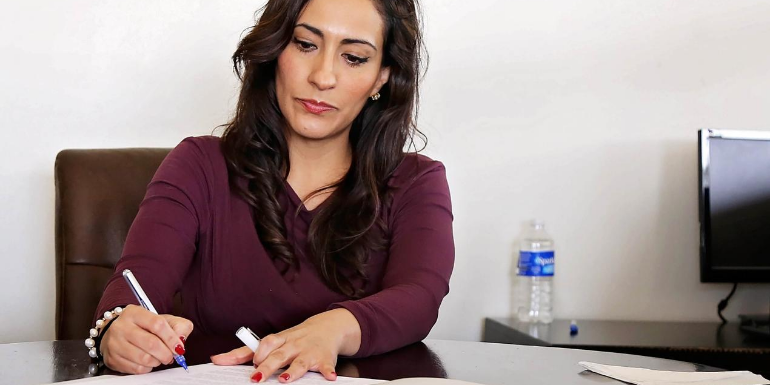Sophrologist: the respect of professional ethics

A sophrologist is a therapist, professional in the helping relationship and as such, must follow very specific rules. Compliance with these rules is essential to protect the client, the profession and the sophrologist himself.
Here are the main ethical rules to which sophrologists are subject:
Respect for confidentiality:
Individually, in a group, in a practice, in a company, in a hospital … Whatever the age of the client, everyone has the right to confidentiality, even children and adolescents. This could only be broken if the sophrologist feels that the physical or psychological integrity of their client could be threatened. In this exceptional case, the client is of course warned that the confidentiality will be broken. The sophrologist values above all the relationship of trust that has been created between his client and himself.
Publicity
Knowledge of and respect for the limits of their profession:
Sophrology is an excellent technique which, like all the others, has its limits. A sophrologist knows that Sophrology does not cure illnesses. Their clients will be informed and the sophrologist will also certify that they have medical support or that a diagnosis has been made on their disorders.
Example: a client consults because he has a bad stomach ache and is convinced that his pain is due to stress. He has not been examined by a doctor. The sophrologist who would accept this support without saying anything indirectly confirms his client’s self-diagnosis and also confirms that he does not need to consult a doctor. However, stomach aches can be caused by stress but also by diseases that go beyond the scope of sophrology.
This precaution prevents the client from being misled (thinking that sophrology is sufficient) and being deprived of a treatment adapted to his case.
No prescription
Always within the limits of the profession, the sophrologist does not advise drugs, treatments, does not make a diagnosis.
Example: Even if he is almost certain to know that the symptoms described by his client correspond to those of an hypothyroidism (because he himself has it) he will not comment because he knows that only a doctor is able to ask a diagnosis.
This protects his client from misdiagnosis and inappropriate treatment, and also the sophrologist who could be accused of illegally practicing medicine, which would otherwise damage the image of the entire profession.
And you, have you already had sophrology sessions? Tell us about your experience in the comments or on our Facebook page!
